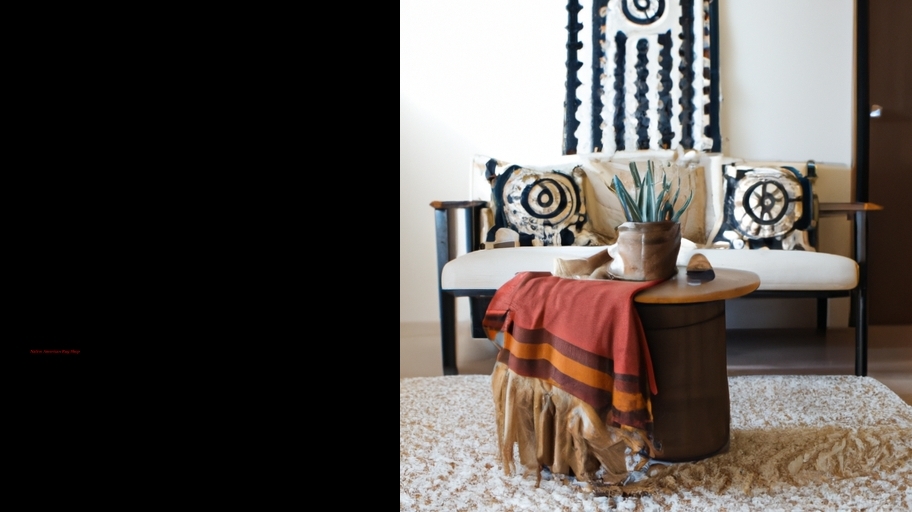Types of Home Décor Items
Complete a DNA test to trace your genetic ancestry
It's natural to be curious about your ancestry! Knowing if you're Native American can be an important part of understanding your family history. But how do you know for sure? One option is to take a DNA test! (It's not as intimidating as it sounds.)
These tests are relatively simple and can provide valuable information about your genetic makeup, including whether or not you have any Native American ancestry. They work by analyzing a sample of your saliva and comparing it to the genomes of various populations around the world.
So if you wanna find out if you have some native blood in ya, this may be the way to go! The process takes no more than 6-8 weeks, and results will include an estimate of how much indigenous ancestry is present in your DNA. Plus, some companies even offer additional insights about specific regions or tribes that could be part of your heritage.
However, keep in mind that these tests won't definitively tell ya whether or not you're technically considered "Native American". That's because tribal affiliation typically requires more than just genetic evidence - such as cultural identity and community connections - which a DNA test can't provide. Still, if there's ever been any doubt or curiosity surrounding your background, it might be worth trying out one of these tests! After all, what've ya got to lose?!
So there ya have it: if learning about where you come from is something that excites ya, why not give a DNA test a try? With just a bit of spit (and patience!), you could discover new information about yourself and gain an even deeper appreciation for who you really are!
